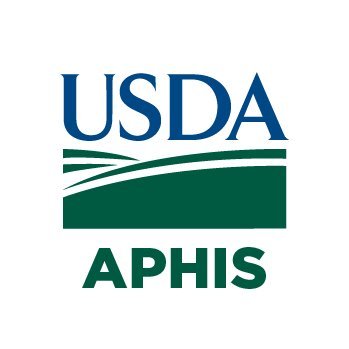Authors: Kalpana Rengarajan, PhD & Rashida Moore, DVM
Select agents are biological agents and toxins that have the potential to pose a severe threat to both human and animal health, plant health, or to animal and plant products. These materials are regulated by the Federal Select Agent Program, under 7 CFR Part 331, 9 CFR Part 121, and 42 CFR Part 73. T
Recently on June 6th, 2024, the Administrator of the U.S. Department of Agriculture’s (USDA) Animal and Plant Health Inspection Service (APHIS) has utilized its exemption authority under 9 C.F.R. § 121.5(f) in the select agent and toxin regulations to temporarily exempt H5 avian influenza viruses from the requirements of the regulations listed in 9 C.F.R. Part 121 for a period of three years.
Avian influenza viruses are designated as low pathogenic avian influenza (LPAI) and highly pathogenic avian influenza (HPAI) based on severity of the infection in poultry. The designation refers to virus characteristics and its ability to cause disease and mortality in poultry. HPAI and LPAI designations do not refer to the severity of illness in human infections.
Why this exemption?
Such an exemption is consistent with protecting animal health and animal products while allowing more laboratories to conduct research and develop solutions to address the disease. This exemption replaces all previously issued and currently effective exemptions related to H5 avian influenza viruses.
How does this affect Emory University?
Based on this temporary exemption, Emory University researchers have applied for USDA permits to obtain Highly Pathogenic Avian Influenza virus to conduct research in various species including guinea pigs and ferrets on campus.
Research will be conducted under the most stringent conditions at Biosafety Level 3 (BSL3/ABSL3). The Environmental Health and Safety Office (EHSO) has worked closely with the investigators to ensure that USDA required biosafety practices and procedures are in place in order for the research to be conducted in a safe manner in the high containment laboratories. To continue our commitment to protect all personnel, EHSO continuously monitors these facilities to confirm that all operations meet conditions defined by CDC guidelines.
Emory University’s Institutional Biosafety Committee reviews the projects proposed by the researchers using this virus. EHSO members train research, animal care, and support staff to safely conduct experiments using appropriate personal protective equipment (PPE), respiratory protection, standard operating procedures, and other requirements.
